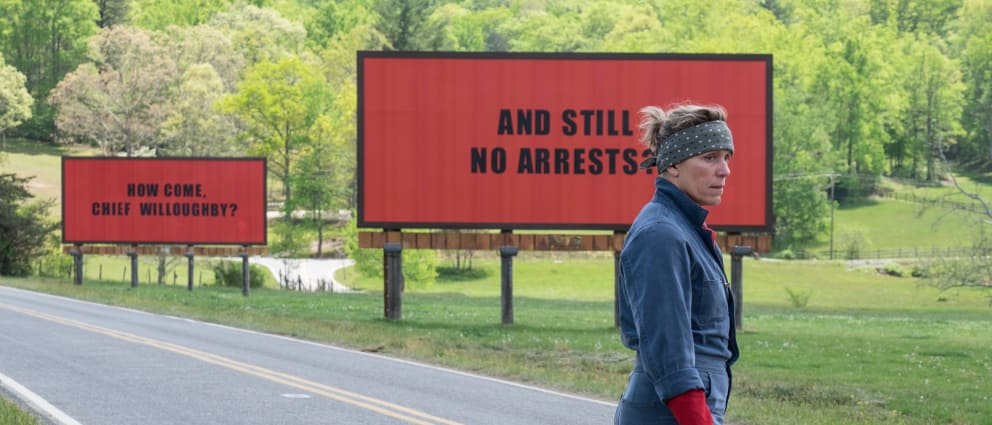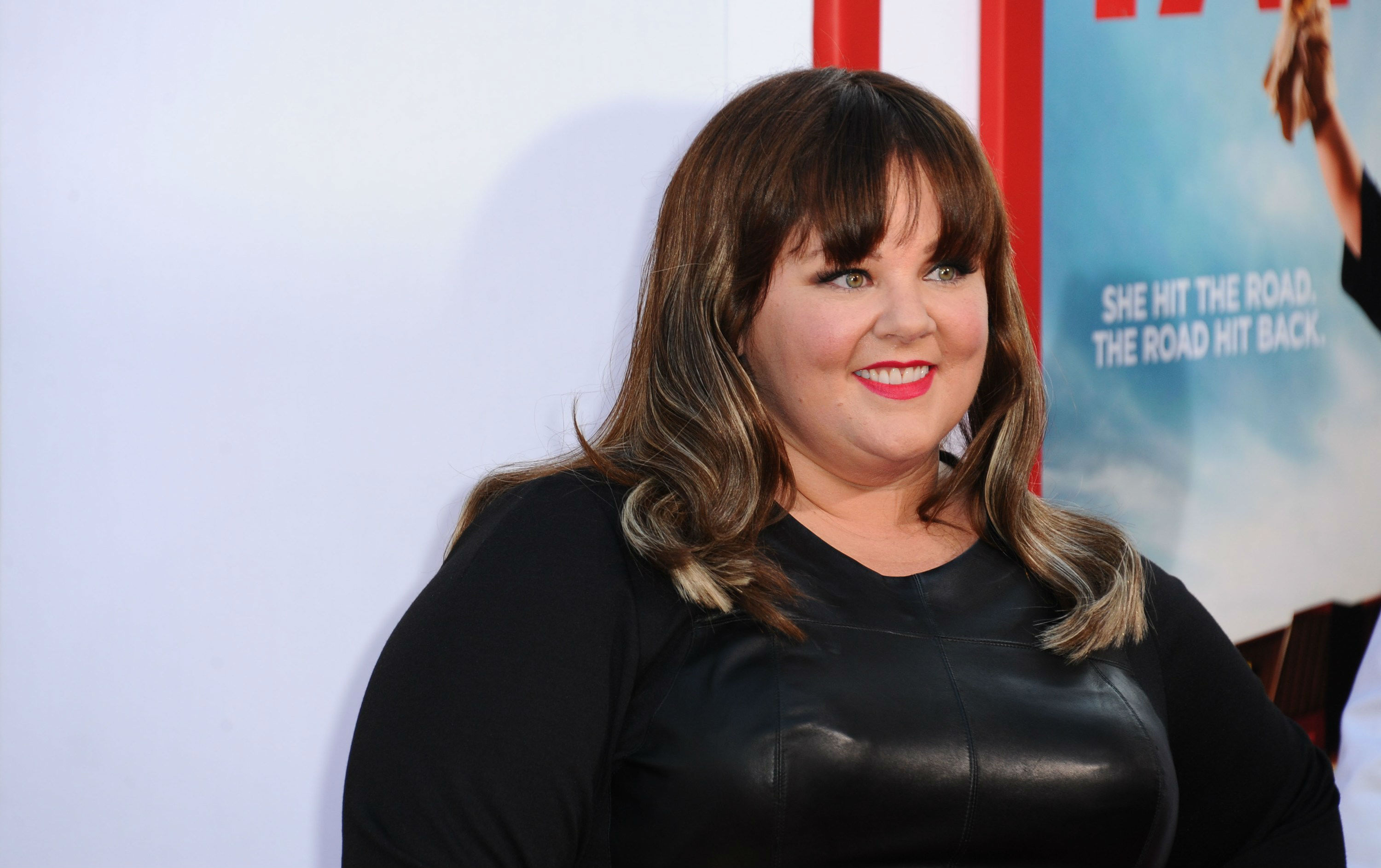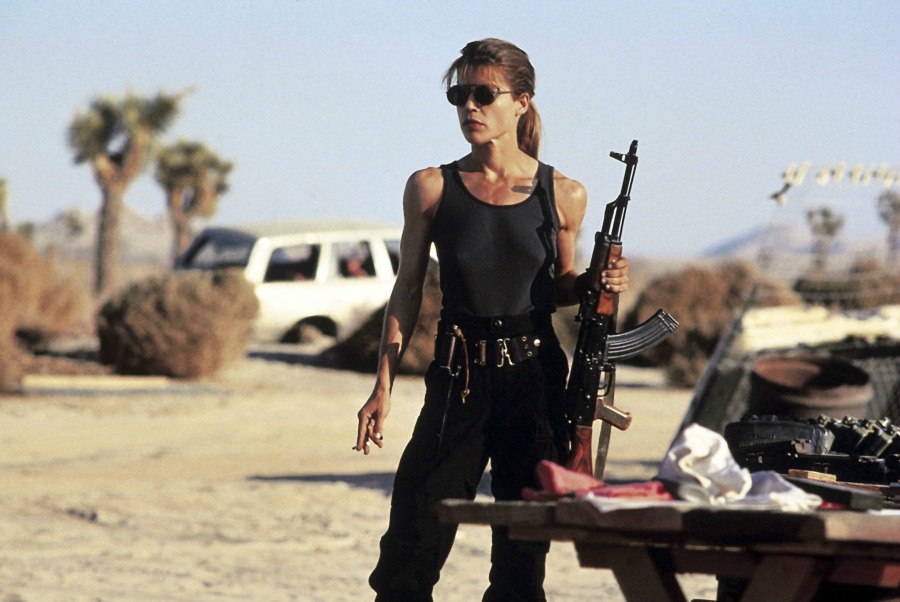The Week in Movie News: Here's What You Need to Know
Need a quick recap on the past week in movie news? Here are the highlights:
BIG NEWS
Linda Hamilton returns for Terminator 6: Linda Hamilton hasn’t really been a part of the Terminator franchise since Terminator 2: Judgment Day 26 years ago, but she’s finally reprising her role as Sarah Connor again for the next installment, which will be produced by James Cameron. Read more on the movie here.

GREAT NEWS
Taika Waititi might direct Akira: His upcoming Marvel movie, Thor: Ragnarok, is going to be one of the biggest and most fun movies of the year, and now director Taika Waititi is already seeing more blockbuster projects on the horizon. Warner Bros. is negotiating with him for the live-action Akira remake, for one. Read more here.

FESTIVAL BUZZ
Best of the Toronto International Film Festival: TIFF 2017 is over, but the movies are now headed out into the world, and we compiled a list of the must-see features of the festival, including top pick Three Billboards Outside Ebbings, Missouri, pictured above. Read more here.

COOL CULTURE
IT scenes remade in Lego: If you can’t get enough of the new Stephen King adaptation, IT, then try seeing as much of it as possible redone in Lego. Watch recreations below of the opening sequence and the projector sequence:
[embedded content]
[embedded content]

MUST-WATCH TRAILERS
Tomb Raider looks thrilling: Alicia Vikander dominates as Lara Croft in the first trailer for the Tomb Raider reboot, which looks full of action and adventure. Watch it below.
[embedded content]

Isle of Dogs is our new best friend: The first trailer for Wes Anderson’s next movie, Isle of Dogs, is here, and it looks absolutely wonderful. The stop-motion animated feature has a star-studded voice cast and follows a pack of exiled dogs in a dystopian future. Check it out here:
[embedded content]

Cook Off! dishes up some tasty comedy: The new trailer for the mockumentary Cook Off! features Melissa McCarthy and many more funny people battling in a fake cooking competition. Check it out below:
[embedded content]
and



